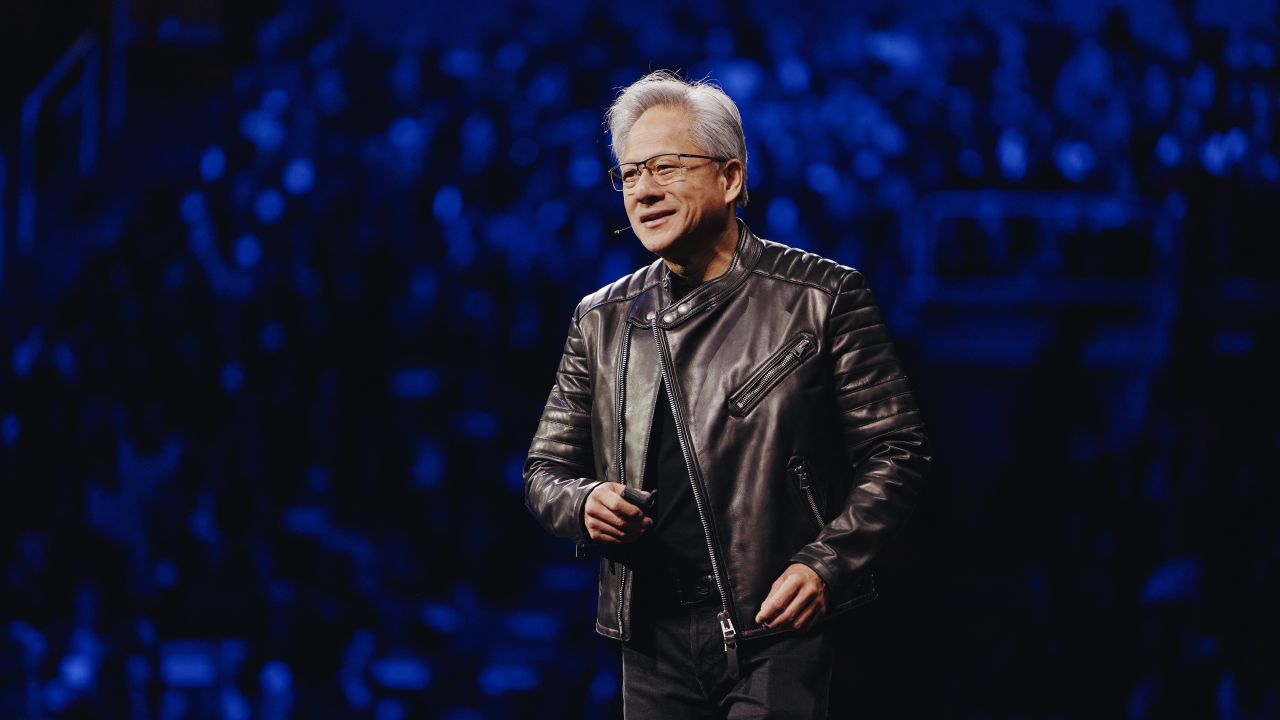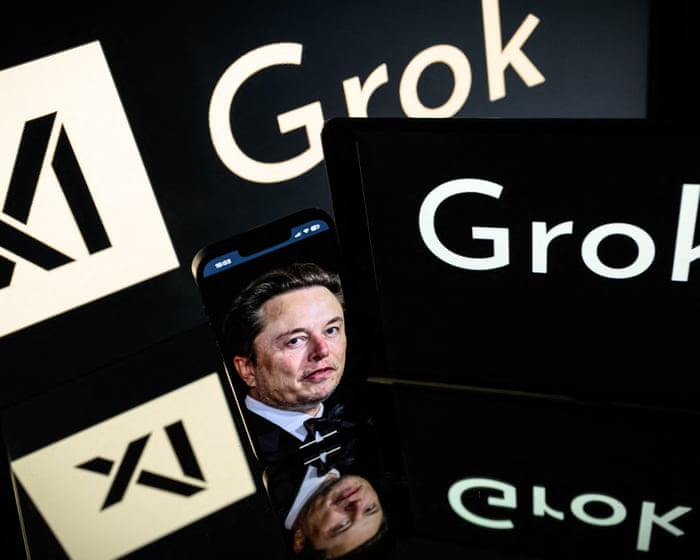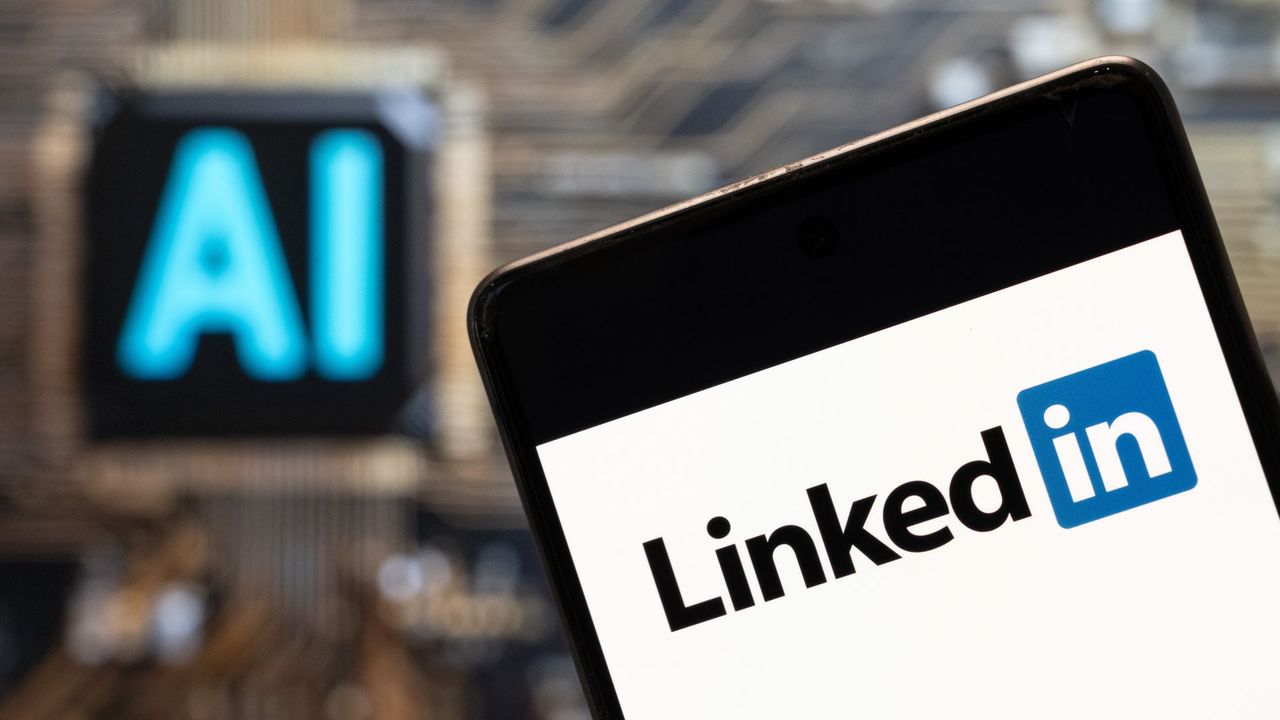"We see something very different" - Nvidia CEO Jensen Huang dismisses AI bubble talk, and I guess he should know
PositiveTechnology

- Nvidia CEO Jensen Huang has dismissed concerns about an AI bubble, emphasizing the company's robust revenue growth and the increasing demand for AI infrastructure. In a recent earnings call, Nvidia reported a 65% profit increase to $31.9 billion, with quarterly revenue reaching $57 billion, driven by its focus on AI chips.
- This significant financial performance underscores Nvidia's strong position in the technology sector, particularly in artificial intelligence, where the company is seen as a leader. Huang's reassurances aim to bolster investor confidence amid market volatility and skepticism regarding the sustainability of AI growth.
- The broader context reveals ongoing debates about the potential for an AI bubble, as some investors remain cautious despite Nvidia's strong results. While the company continues to excel, concerns about market corrections and the sustainability of rapid growth in AI technology persist, highlighting the tension between optimism and caution in the tech industry.
— via World Pulse Now AI Editorial System







